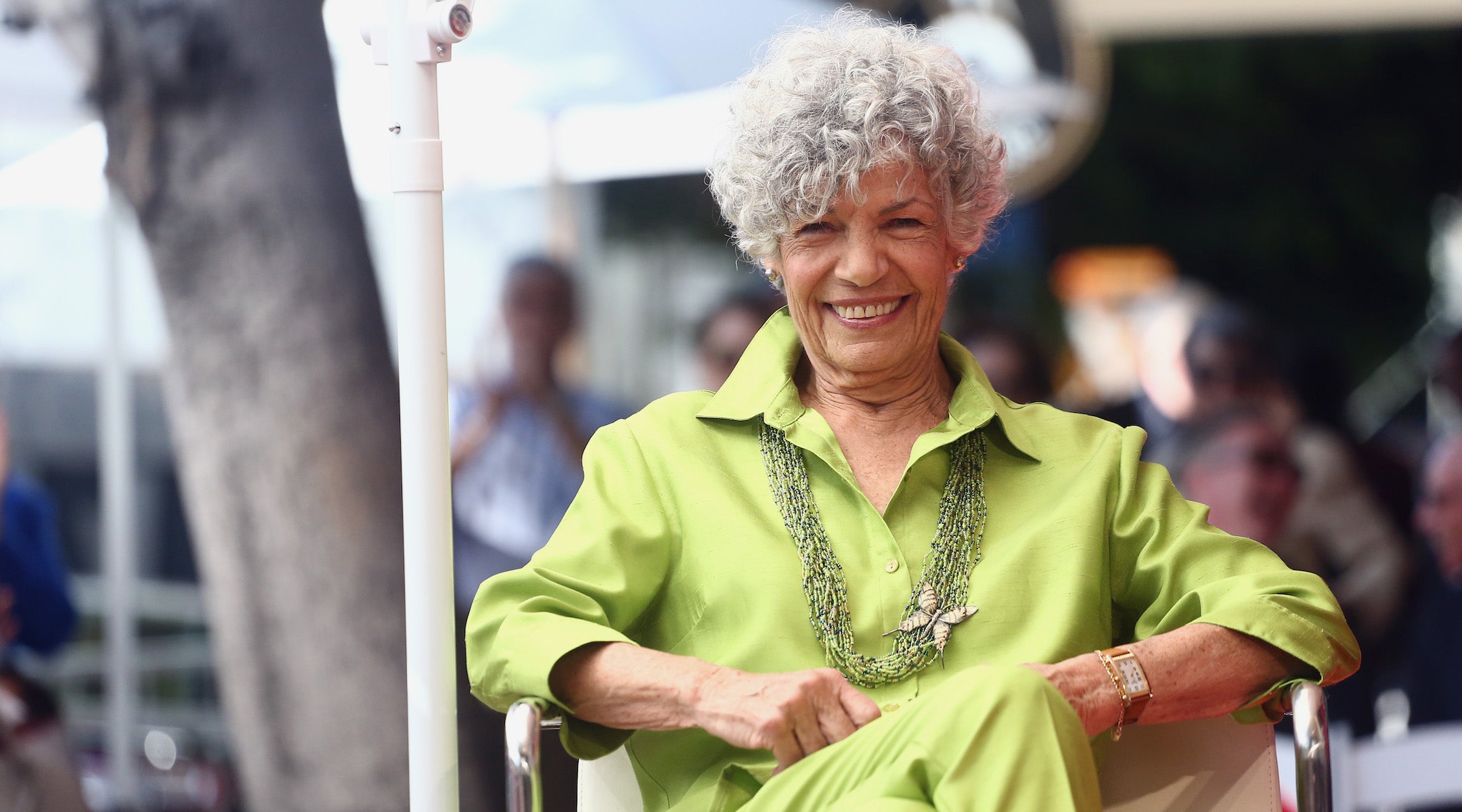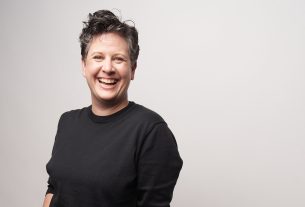When Susan Stamberg first sat behind the microphone to host a newfangled broadcasting venture called National Public Radio, in 1972, some board members had a concern: She sounded too Jewish.
Though that wasn’t quite how they tended to phrase it, recalled a colleague. Instead, NPR board members feared that the “All Things Considered” co-host was “too New York” for Midwest audiences.
“Besides being a woman, the Jewish element was another aspect,” Jack Mitchell, an early producer on the daily afternoon program, told NPR. “Here is somebody whose name is Stamberg. She had an obvious New York accent. Made no bones about it… And the president of NPR asked that I not put her in there for those — because of the complaints from managers.”
Stamberg went on the air anyway, and quickly became a defining personality for the nonprofit radio network. In subsequent decades, as NPR turned into a cultural juggernaut, Stamberg and her “New York” personality became something of its unofficial mascot. In the elevators of NPR’s Washington, D.C., headquarters, her voice guides visitors from floor to floor.
Stamberg died Thursday at age 87, leaving behind years of her bubbly conversations and an annual, love-it-or-hate-it recipe for her family’s “cranberry relish.”
As one of NPR’s “founding mothers” in the 1970s, she helped shape the network’s personality: warm, liberal-leaning, and — along with or laying the groundwork for fellow longtime marquee names like Nina Totenberg, Ira Flatow, Terri Gross and Robert Siegel — unmistakably, culturally Jewish. In later years, long after her retirement from regular on-air duties, Stamberg would still pop up to read the winners of NPR’s annual “Hanukkah Lights” short-story contest.
“I am very sociologically Jewish. Very ethnically Jewish, although not in an observant way. There are a lot of people like me,” Stamberg told the Jewish Women’s Archive in 2011, adding that she willingly participated in Torah study with her son Josh — today an actor — when he was becoming a bar mitzvah at her husband’s request. “I feel deeply Jewish and I deeply identify with my Jewishness, but it doesn’t need a formal affiliation for me.”
Born Susan Levitt in Newark in 1938, she was a child of Manhattan’s culturally Jewish scene. Stamberg grew up without regular Jewish observance, though she told the Jewish Women’s Archive she was part of a confirmation class at Temple Rodeph Sholem, the Reform synagogue on the Upper West Side. Her father, a staunch Zionist, raised money for the Weizmann Institute, the research institute founded in 1934 in Rehovot. She earned an English literature degree at Barnard College, the first in her family to go to college.
She married Louis Stamberg, who became a longtime USAID staffer, and the duo moved to Washington, D.C. Susan recalled that her husband, whose father founded a congregation in Allentown, Pennsylvania, grew up “where being Jewish was really an issue.” Her father-in-law “was insistent that we, too, join a temple in Washington. I said, ‘Well, Why?’” she recalled in 2011. “That’s how I came to know that the entire world was not Jewish like the world in which I had grown up.”
After stints at WAMU, the local public radio station, and for Voice of America in India, Stamberg initially joined NPR, after its founding by an act of Congress in 1971, to cut tape for radio interviews. When “All Things Considered” launched in 1972 she became its co-host and thus also the first woman to anchor a broadcast news program, in her colleagues’ estimation — overcoming considerable sexism from both the network’s listeners and executives.
Stamberg only held the anchor post for a few years, soon pivoting to the cultural correspondent stories she would become known for. She took on other hosting duties, too, including for “Weekend Edition,” where she introduced the show’s trademark Sunday puzzles and first brought on the guests who would become the mega-popular program “Car Talk.”
“I think all of that is very Jewish, the telling of stories, but also the seeking of opinions and also being open to the range of opinions that are out there,” Stamberg would tell the Jewish Women’s Archive about her work.
Laughing, she added, “I also feel that sometimes mine’s right. I think that’s very Jewish, too.”
Stamberg is survived by her son and two granddaughters.
Keep Jewish Stories in Focus.
(JR) has documented Jewish history in real-time for over a century. Keep our journalism strong by joining us in supporting independent, award-winning reporting.




